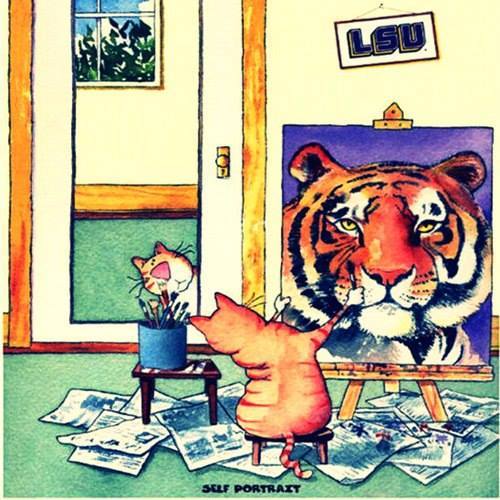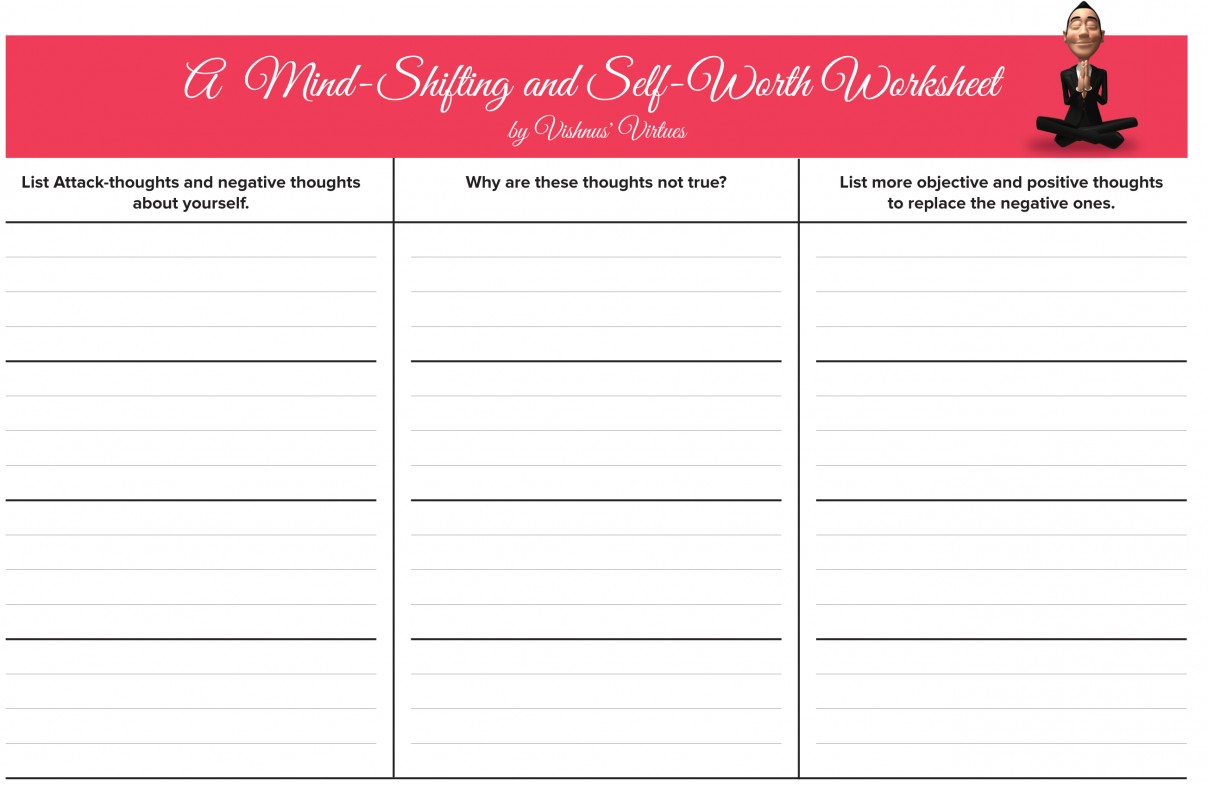
The Real Me?
“You yourself, as much as anybody in the entire universe, deserve your love and affection”― Siddhārtha Gautama
“I’m a flop.”
“I loathe everything about me.”
“Nobody loves me. I’m not worthy of love.”
Have you experienced similar thoughts where you felt like you weren’t worthy or good enough?
You might have felt some of these emotions when you confronted traumatic life events at work, home or in your relationships.
You may have even had the recurring negative talk and thoughts of inadequacy when growing up.
Especially so if you grew up in a mob or KGB family. Or attended religious boarding schools with disciplinarian teachers!
Confronting my self-worth.
While I didn’t grow up in a mobster family or the KGB, I’ve had my fair share of self-hating reflections about myself.
Growing up, the barrage of critical and negative comments from family takes a toll.
There’s also no experience which tests a person’s self-worth like a divorce.
When someone who you love rejects you, you begin to feel like you’re inadequate and unworthy of love.
Like you’re not fit to be loved.
You’re not whole.
Broken. Damaged.
More than the breakup and separation, it were these reoccurring thoughts which filled my mind and my life. As time passed, my self-pity and sorrow turned more towards reaffirming self-loathing and hatred.
“Why would I want to live with myself when even my former wife didn’t?”.
I questioned and scrutinized myself with these unhealthy thoughts.
Of course, none of these thoughts were an accurate reflection of myself . They may have described how I was feeling in life but they were skewed and far removed from reality.
These were thoughts that I was expressing to myself because of some of the painful circumstances I was experiencing.
You may be going through something similar. Or you may have had emotionally scarring experiences and a rough childhood which created your negative self-image.
Self-loathing isn’t a permanent condition – you have the power to shift your mindset.
Thoughts of self-hatred and loathing can arise from painful life events. Or simply a recurring pattern from growing up in a negative and critical environment.
Such thoughts can come about before you slide into a state of depression. In fact, psychotherapist Drew Coster says “depression often happens when people feel like they’re not good enough, or a failure.”
Regardless of how these thoughts arise in your life, you can take action to turn around this self-imposed mindset of negativity.
Your thoughts and feelings are not etched in stone.
Instead think of them as rain drops sitting on the railing after a heavy rain. When the sun comes out, these raindrops, like your negative self-talk, have the ability to dry up quickly and evaporate.
A simple mind-shifting strategy to call out your negative self-talk and love yourself more.
Let’s start with this premise.
You don’t have to allow these thoughts which control your mind to control your life.
You can help boost your self-esteem to shift the tide of disheartening thoughts.
How do you develop self-esteem? According to Dr. David Burns, in the best-selling book, Feeling Good, The New Mood Therapy, says “you don’t have to do anything especially worthy to create or deserve self-esteem; all you have to do is turnoff that critical, haranguing inner voice.”
Here’s a very simple, yet powerful, mind-shifting, practice you can employ to turn the tide on the thoughts and feelings which arise from this emotional load you’ve been carrying around.
1. Identify these thoughts of worthlessness you may be experiencing.
Catch those irritating critters like how you would pursue pesky mosquitos: patiently and mindfully.
Self-reflection, journaling, talking about your thoughts to a friend or professional, and mindfulness practices are some ways to come to observe and recognize your negative thought patterns.
As these thoughts arise, acknowledge them by writing them down.
2. Examine and evaluate your thoughts about yourself.
Are these thoughts and feelings valid? Ask yourself, “what if this thought wasn’t true?”
Look at these thoughts objectively – are the negative thoughts valid? Or are they simply inaccurate reflections created by your past?
You may have performed poorly in a task or had a failure at work, but does that make you an overall failure at life?
You could have bombed your last interview for a job but, does that mean you’re incompetent and not hireable by any company?
Play devil’s advocate with these negative thoughts to question their validity.
3. Challenge the thoughts and feelings you’re experiencing.
Counter your thoughts. Challenge them.
For the thought, “I’m good at nothing”, counter with, “well, I successfully navigated to work and back, completed my job duties on time and effectively completed another day at work.”
For the thought, “No one likes me,” think about the friends you do have, the solid relationships you have cultivated and the people who enjoy your company.
When you think you’re not worthy or deserving of love, counter with the thought that you were born as a bundle of love. You were loved unconditionally as a baby, loved by many people in your life since then and have many people today who love you.
You’re both capable of receiving love and giving love.
Look for any small or large achievement of the day to show yourself that you’re not what a self-defeating thought is rattling to you.
View these thoughts through a lens of gratitude instead of lack and negativity.
This practice can be a challenge because your conditioned mind and emotions will try to prevent you from embracing more positive and loving thoughts. Your mind can feel uncomfortable experiencing something new and positive.
If you can’t carry out this exercise on your own, seek the assistance of a trusted friend to help you examine and challenge self-defeating thoughts.
If the thoughts and beliefs are more deep-rooted, seek counseling so a licensed professional can help you identify, evaluate and help you reject those disempowering and deep-rooted thoughts.
Once you do this practice once, like unruly weeds, harmful thoughts will crop up again. Each time, they do, be prepared to confront them and practice self-love.
Come up with counter-examples to destructive thoughts of how you’re capable, worthy and loveable.
Your assignment.
Take out a sheet of paper and capture those self-hating thoughts running through your mind. I’ve included a sample worksheet for you to use as a guideline – you can click here to see it: Selfloveworksheet.
Divide the paper in three.
On the left side, capture the harsh talk and thoughts running through your mind.
In middle column, write down why these negative thoughts aren’t objectively true. Poke holes in these undesirable thoughts.
On the right side, take away power to those negative thoughts by replacing them with contrary and more empowering thoughts.
How is every thought you noted on the left side of the page inaccurate or false? Allow those thoughts to evaporate and allow the empowering thoughts on the right side of the paper to replace them.
Continue this practice until you can successfully confront, challenge and turn around harmful thoughts and feelings.
You can also try these practices, self-love or self-confidence affirmations, treat yourself better, or writing healing self-notes to yourself.
* Image credit: Best Brain Possible
Do you experience negative and self-defeating thoughts? Please help other readers by sharing other practices to increase self-love, self-worth and improve one’s self-image in the comments below.

